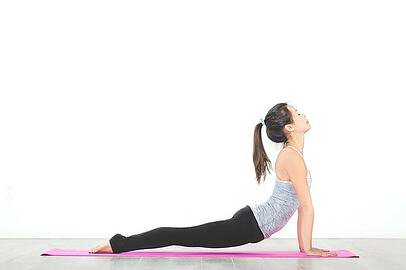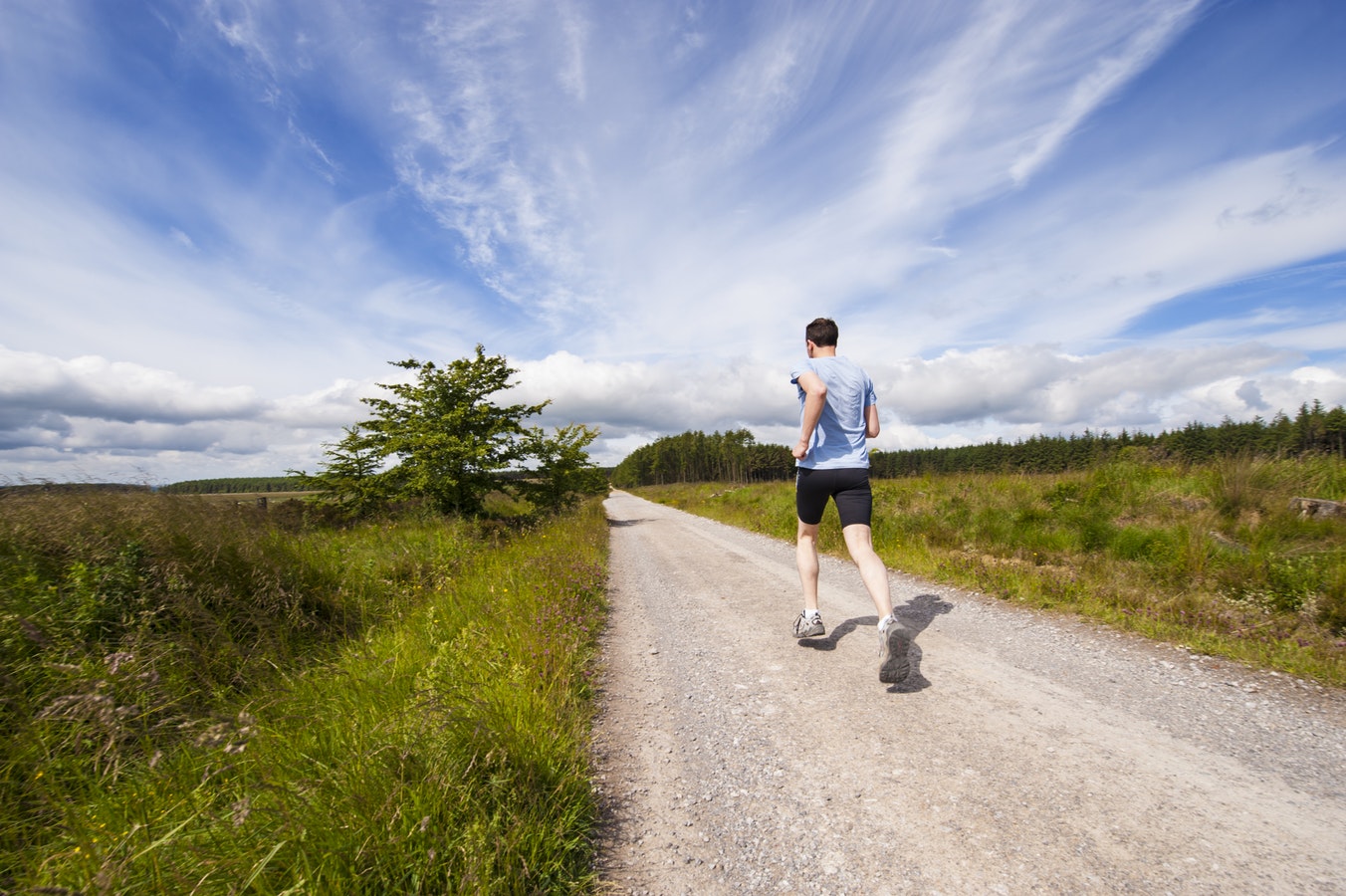10 Simple, Science-backed ways to reduce Stress
How do you cope with stress from your life, family, and job?
Before you think of looking for a therapist, there are ways to deal with stress that don’t involve lying down on a couch. These simple ways of reducing stress just require a bit of your time and an open mind.
- Exercise
Hitting the gym after going through a stressful situation helps you manage stress the next time around. A study showed that students who exercised moderately after sitting through a test felt calmer and relaxed compared to students who didn’t. Scientists explain this to be due to the decrease in cortisol, the stress inducing hormone and the release of endorphins, body chemicals that improve your mood. - Reducing Caffeine Intake
Studies show that caffeine is healthy in moderation but taking too much of it makes you jittery and anxious. Caffeine addicts experience crankiness and headaches when they miss their daily cup and experience the same after the caffeine high. Slowly weaning yourself off caffeine should decrease these symptoms. - Have a good laugh
A good belly laugh feels so good because your stress hormone is fired up, your heart rate and blood pressure both increase then comes back down. The rapid breathing during laughter enhances your intake of oxygen that stimulates the heart, lungs and muscles. Endorphins surge in our body and makes you feel good. Laughter is the best medicine indeed. - Play with your pet
Pets aren’t just your 4-legged companion, they also alleviate the effects of stress. According to a study, workplaces that allow their employees to bring their dogs to work experience lowered stress levels and higher employee satisfaction. This is because of the increase in oxytocin, the hormone that promotes positive mood. - Listen to relaxing music.
Slow, subtle instrumental tracks have stress-reducing effects. Called the ‘Mozart effect’, it reduces your anxiety, depression and cortisol levels. Nature sounds, classical music, Celtic and Native Amer. - Chew gum.
The simple act of chewing on gum promotes blood flow to your brain which greatly improves emotions, chewing harder offers the most stress relief. A study also found out that chewing gum while multitasking under taxing situations reduced anxiety, stress, brought down cortisol levels and increased alertness and performance. - Spend time with people you love.
Filling up your emotional tank by being with family and friends will help you manage your stress better. Having emotional connections to people who surround you gives you a sense of belonging and self-worth. A study found out that women who spend time with friends and children had higher levels of oxytocin. Both genders could benefit from these relationships and you’re better off having friends – one study showed that people with few social connections were more likely to suffer from anxiety and depression. - Learn to say no.
Don’t be a pushover and learn to say no. Situations where you find yourself unable to say no are extremely stressful whereas you could’ve totally avoided the situation by being firm and saying no. Forcing yourself to do what discomforts you can increase your stress levels. Saying ‘no’ to things that add to your load is taking control of your life. - Do yoga.
While the actual mechanics of how yoga reduces stress is still unknown, it doesn’t take away from how effective it is in enhancing your mood. The goal of yoga to unite your mind and body has been found to be as effective as antidepressant medication which has made it a popular method of stress relief among all age groups. - Keep a journal.
Writing things down helps you maintain a healthy perspective in life. Record both what’s stressing you out and the things you’re grateful for. Having a tangible list of the good things relieves stress and anxiety by focusing on the positive things in your life.
Contact us today to schedule a message or maybe a chiropractor to help reduce the stress!


